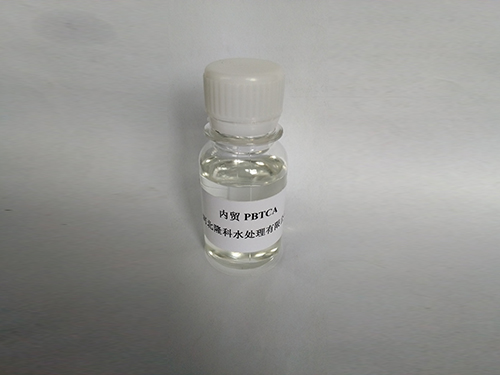industrial flocculant
The Role of Industrial Flocculants in Modern Water Treatment
In today's industrial landscape, water treatment plays a pivotal role in maintaining environmental standards and ensuring the sustainability of operations. A crucial component of this process is the use of flocculants, which facilitate the separation of suspended particles from liquids. This article explores the significance of industrial flocculants, their types, mechanisms, and applications in various sectors.
Understanding Flocculants
Flocculants are chemical substances that promote the clumping together, or flocculation, of fine particles in a liquid. When added to water, these compounds help agglomerate suspended solids into larger clusters, known as flocs. This process enhances the efficiency of subsequent separation techniques, such as sedimentation, filtration, or flotation.
Flocculants can be classified into two main categories inorganic and organic. Inorganic flocculants, such as aluminum sulfate (alum) and ferric chloride, have been traditionally used in water treatment processes. They are effective in a wide range of pH levels and are particularly suitable for removing turbidity. Organic flocculants, on the other hand, are typically polymer-based and can be cationic, anionic, or nonionic. These organic agents are often more effective than their inorganic counterparts due to their ability to work in lower concentrations and enhance coalescence.
Mechanism of Action
The flocculation process is influenced by several factors, including the nature of the particles, the environmental conditions, and the type of flocculant used. When a flocculant is introduced to the water, it neutralizes the charge on the suspended particles, which typically have a negative charge that keeps them dispersed. Once neutralized, the particles begin to collide and form larger aggregates, eventually settling to the bottom of the treatment vessel.
The efficiency of flocculation largely depends on the selection of appropriate flocculants and their dosage. An optimal dose will ensure maximum particle aggregation without wasting chemicals or causing excessive sludge production. Monitoring the pH and other water quality parameters is also crucial to optimize the flocculation process.
industrial flocculant

Applications Across Industries
Industrial flocculants find applications across various sectors, including water treatment, mining, paper manufacturing, and food processing. In the municipal water treatment industry, flocculants are essential for removing impurities, thus ensuring clean drinking water. They also play a significant role in wastewater treatment facilities by aiding in the removal of contaminants before the effluent is discharged into natural water bodies.
In the mining industry, flocculants are utilized in the separation of minerals from waste materials, reducing the environmental impact of operations. The paper industry employs flocculants to enhance pulp clarification and improve the efficiency of the papermaking process. Similarly, the food processing sector uses these agents to clarify fruit juices and other beverages, ensuring a higher quality product for consumers.
Environmental Considerations
The use of industrial flocculants is not without environmental concerns. Some traditional inorganic flocculants can contribute to the formation of sludge that requires proper disposal, while certain organic flocculants may pose risks to aquatic life if not managed correctly. However, advancements in technology have led to the development of more environmentally friendly alternatives. Biodegradable flocculants and those derived from natural sources are gaining popularity as industries strive to reduce their ecological footprints.
Conclusion
Industrial flocculants are indispensable in the efficient management of water resources. Their ability to enhance the separation of suspended particles not only improves water quality but also supports sustainability in various industries. As technological advancements continue to evolve, the development of more effective and environmentally benign flocculants will undoubtedly play a crucial role in addressing the challenges of water treatment in the future. Adopting these innovations will be essential for industries aiming to meet regulatory standards and contribute to a healthier planet.
-
Water Treatment with Flocculant Water TreatmentNewsJun.12,2025
-
Polymaleic AnhydrideNewsJun.12,2025
-
Polyaspartic AcidNewsJun.12,2025
-
Enhance Industrial Processes with IsothiazolinonesNewsJun.12,2025
-
Enhance Industrial Processes with PBTCA SolutionsNewsJun.12,2025
-
Dodecyldimethylbenzylammonium Chloride SolutionsNewsJun.12,2025





